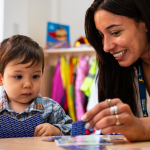

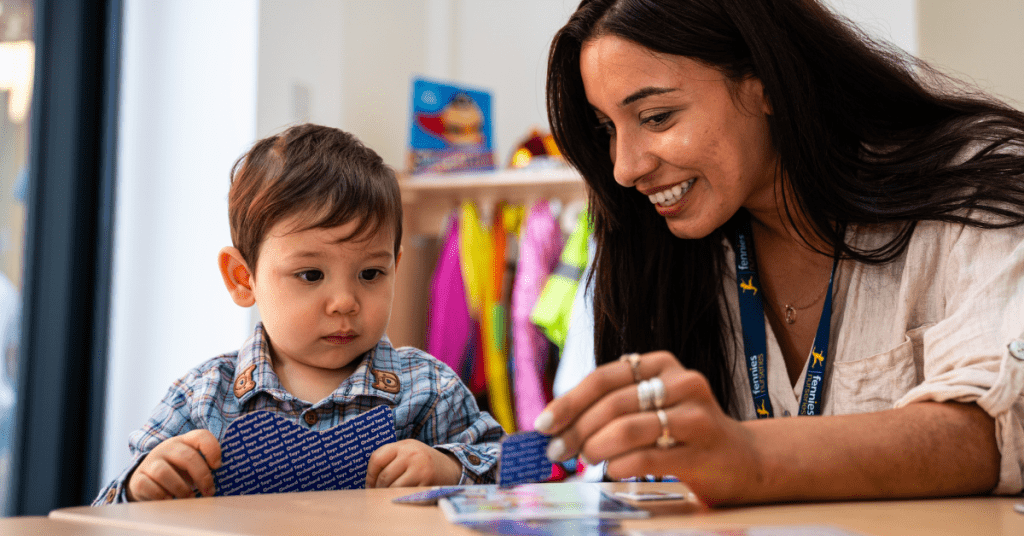

Independence plays a vital role in a child’s learning under the EYFS Framework. Allowing toddlers the opportunity to think, explore, and act independently can enhance their development in various areas, such as cognitive, emotional, and social development. Implementing a child-centred approach within the EYFS Framework offers many advantages. It fosters natural self-confidence, self-esteem, and problem-solving skills in your toddler.
Any child needs an environment that promotes their learning and will allow the child to continue learning experiences even without the presence of an adult. Ensuring that resources are well organised to allow the child free choice of all items and encourage that independent play.
Having an effective routine that children can begin carrying out themselves has such as high factor in independence. Ensuring that the child can anticipate the next part of your routine will allow them to feel confident in being steps for those transitions, eg taking themselves to the bathroom when its time for a bath.
Reflect on the way you interact with them while they play or interact in an environment. Thinking aloud with the children will prompt the child to make connections and begin answering their own questions through play.
Observation will play a big role in grow a toddler’s independence as they like to watch those around them to learn from each other and copy those actions themselves.
There are several tasks and responsibilities that can be given to a child to promote independence within your home. Activities as simple as:
o Picking out their own clothes
o Washing their own faces and bodies
o Watering plants
o Assisting with cooking and baking
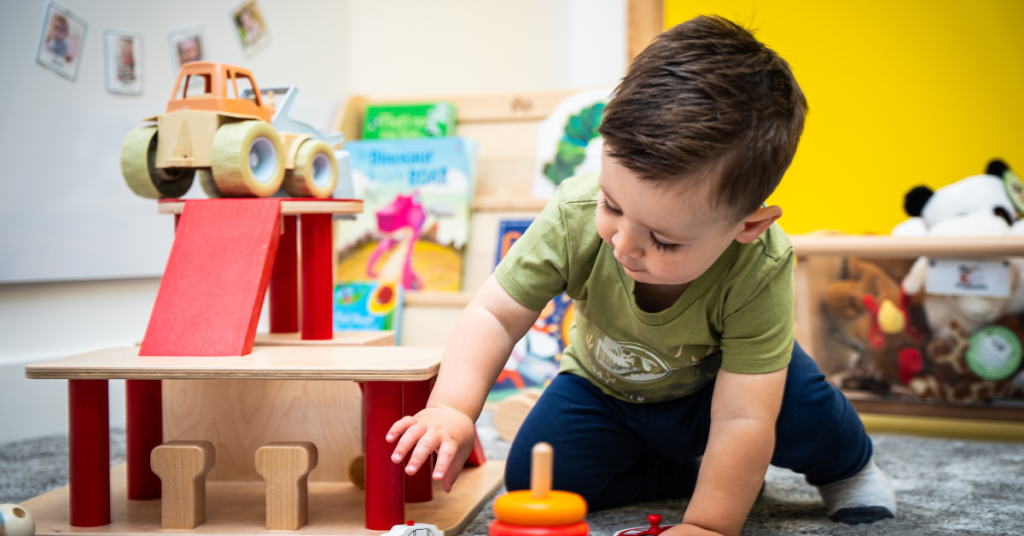

Allowing children to take part in ‘adult task’ allows children to have a sense of responsibilities and prompts them to mirror the actions and choices of those around them, ensuring that you are encouraging and praising them for any task completed.
As well as these assisted tasks, there are lots of individual tasks that a toddler can complete to encourage own responsibilities, these would include:
Self-serving within mealtime are so important as it allows the child to make choices on several aspects such as amounts of food, repetition of food, and allows them to gain control over their fine motor skills with tipping and pouring.
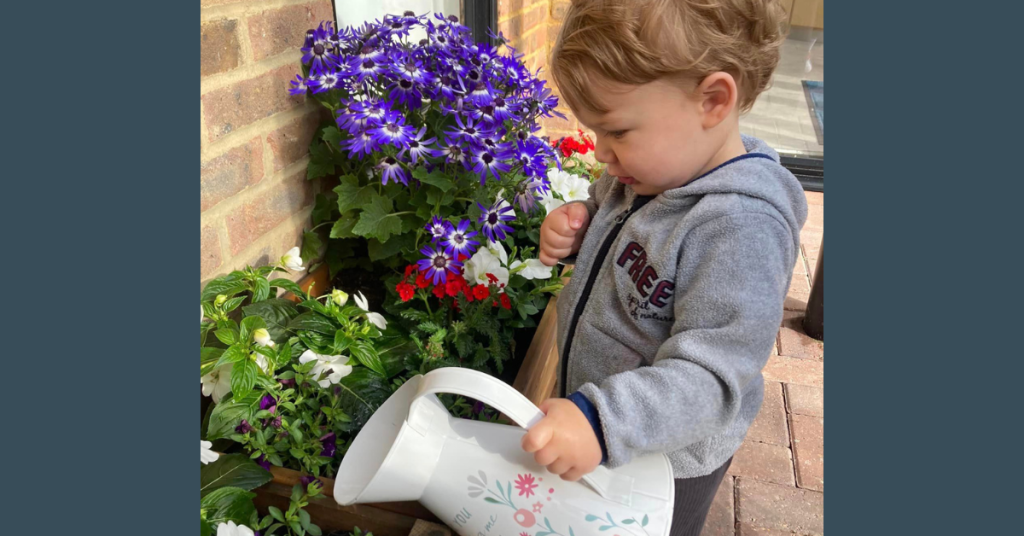

Allowing toddlers to begin dressing themselves through putting on their own coats or own shoes, with support if needed. This can then be extended too then supporting them in their own self-care, such as brushing teeth and washing their own hands before and after mealtimes.
One of the biggest steps that can be taken when promoting independence is allowing children to begin those first steps of toilet training, even though conversation alone, it can really support toddlers to begin that transition.
The activities are crucial for promoting independence as they can aid in development through play. Here are some examples of activities that can be recreated at home:
Toddlers benefit from role play as they can incorporate their own experiences and observations into their play. They can mimic caring for babies (like brushing their teeth or dressing them) or engage in child-centred play where they replicate home situations and adult behaviour.
These activities encourage independence through trial and error. Allowing the child to try these games alone can boost their motivation to keep attempting and help them build confidence and independence to try without assistance.
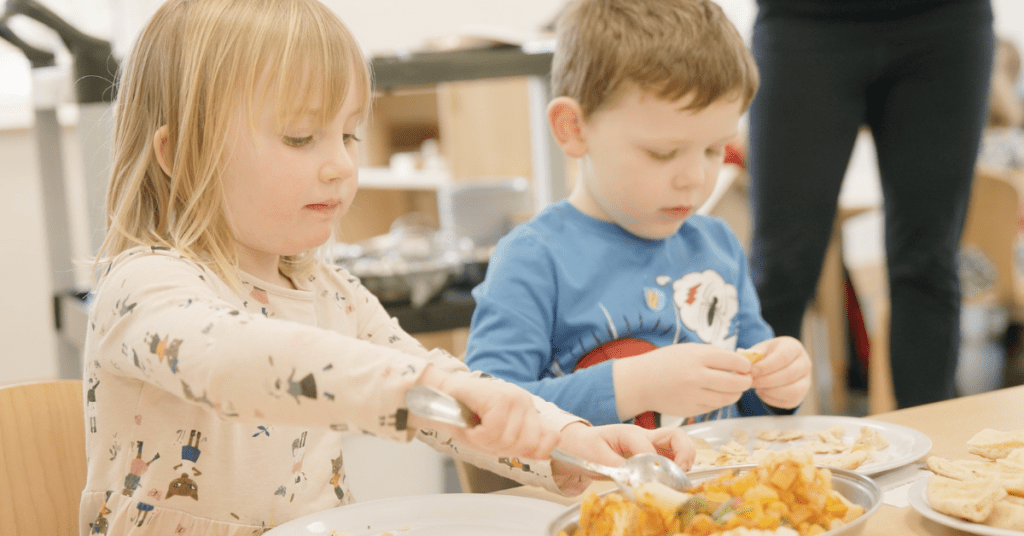

Letting a toddler pack their own bag before going out can give them a sense of responsibility and allow them to choose which items they want to take for the day.
During Storytime, encouraging the child to sometimes describe what they see in the pictures can help them develop reading skills.
Encouraging independence from a young age is very beneficial. It can help foster a healthy relationship with trying new things, staying motivated, and being independent.
Fostering independence in toddlers is not just a desirable trait but a fundamental aspect of their development. By providing opportunities for toddlers to explore, learn, and act independently, parents and educators can lay the foundation for a lifetime of self-confidence and self-reliance. From creating an environment that promotes free choice and exploration to establishing routines and offering age-appropriate tasks, there are numerous ways to support a toddler’s journey towards independence.
Early Years Educator


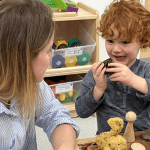

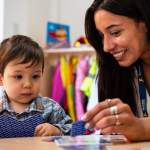





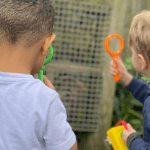

View All
This website uses cookies so that we can provide you with the best user experience possible. Cookie information is stored in your browser and performs functions such as recognising you when you return to our website and helping our team to understand which sections of the website you find most interesting and useful.
You can read out full privacy policy here
Strictly Necessary Cookie should be enabled at all times so that we can save your preferences for cookie settings.
If you disable this cookie, we will not be able to save your preferences. This means that every time you visit this website you will need to enable or disable cookies again.